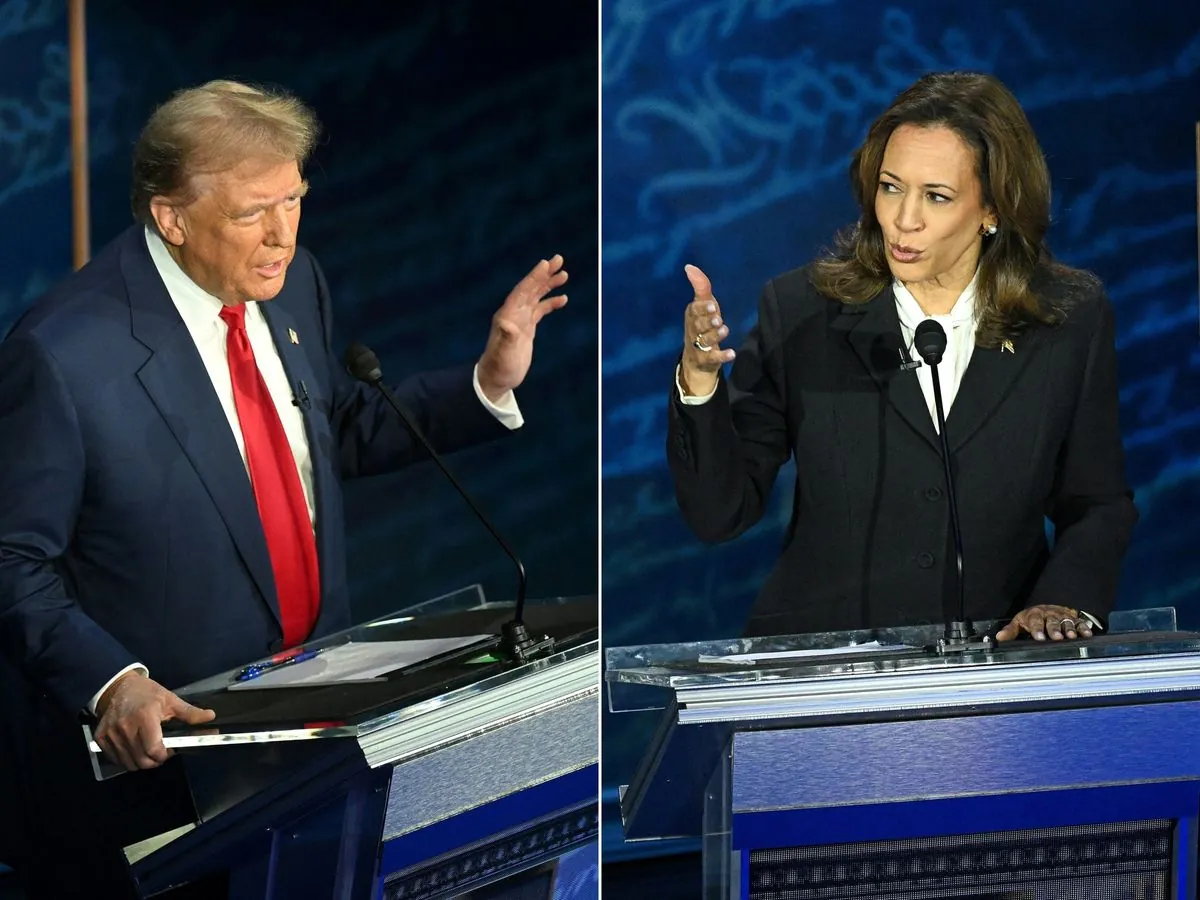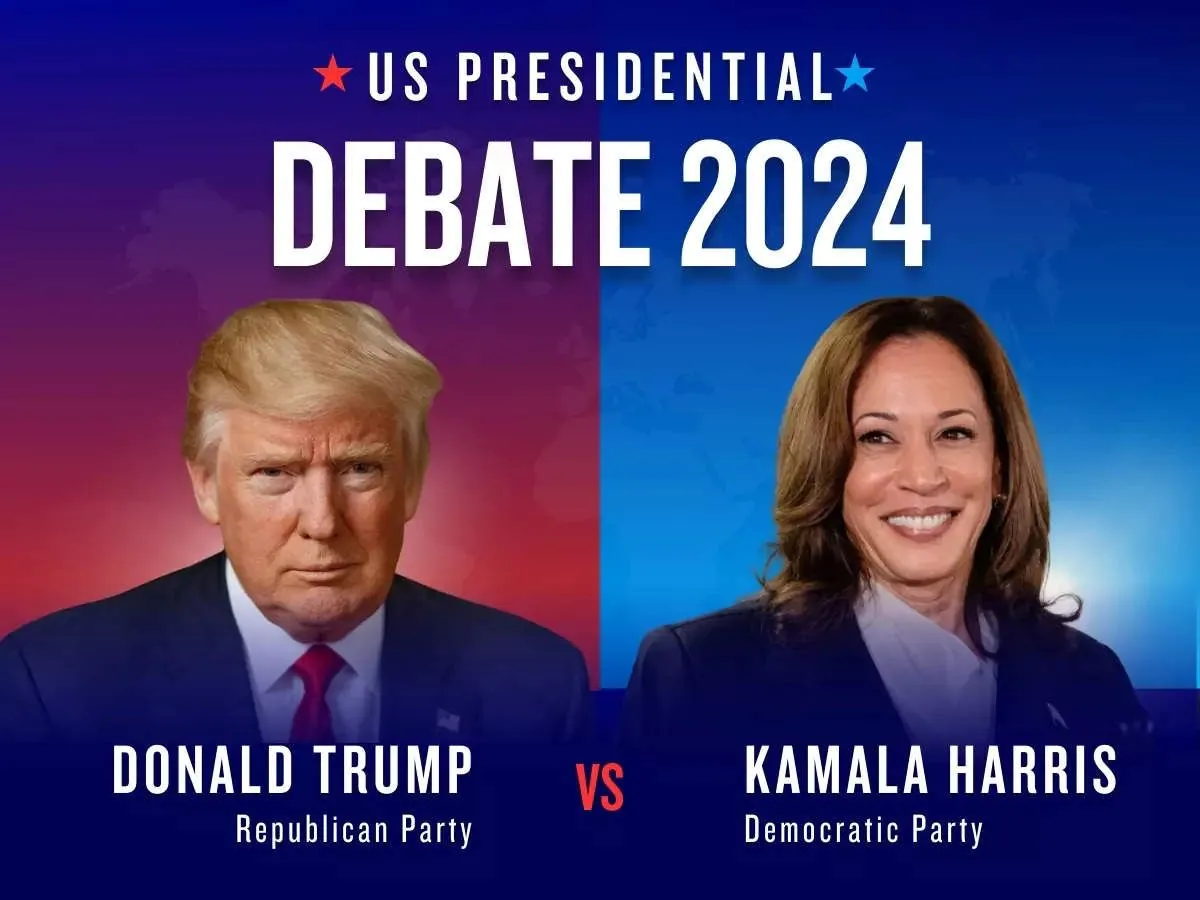Harris and Trump Clash on Economic Policies in Battleground States
Vice President Harris and former President Trump prepare to deliver contrasting economic messages in key states. Both emphasize tax cuts and growth, but with divergent approaches to appeal to voters.

As the 2024 presidential race intensifies, Vice President Kamala Harris and Donald Trump are set to present their economic visions in battleground states on September 27, 2024. Their contrasting approaches reflect the ongoing debate over the best path forward for the American economy.
Harris, born on October 20, 1964, in Oakland, California, is scheduled to address the Economic Club of Pittsburgh, an organization with roots dating back to 1910. Her speech is expected to focus on pragmatic policies and boosting domestic manufacturing. This approach aligns with her recent statements to New York City donors, where she emphasized creating a stable business environment and reducing bureaucratic obstacles.
"We will create a stable business environment with consistent and transparent rules of the road. We will invest in semiconductors, clean energy, and other industries of the future. And we will cut needless bureaucracy and unnecessary red tape, all of which will create jobs, drive broad-based economic growth, and cement America's leadership throughout the world."
Trump, born on June 14, 1946, in Queens, New York City, plans to speak in Mint Hill, North Carolina, a town incorporated in 1971. His focus will be on worker protection and his willingness to implement measures such as capping credit card interest rates and imposing tariffs on companies that move jobs overseas.
Both candidates are emphasizing tax cuts, a topic that has gained renewed importance as the Federal Reserve, established in 1913, recently reduced its benchmark interest rates. Harris proposes raising the corporate tax rate to 28% from the 21% set in 2017, while maintaining tax cuts for the middle class set to expire in 2025. Trump, on the other hand, advocates for eliminating taxes on tips, Social Security, and overtime pay.
The economy remains a crucial issue for voters, as evidenced by recent AP-NORC polls conducted by The Associated Press-NORC Center for Public Affairs Research. Neither candidate currently holds a decisive edge on this matter.

Harris has garnered support from business leaders like Mark Cuban, an American billionaire entrepreneur. Cuban appreciates her detailed policy approach, even when disagreeing with specific proposals. This support reflects the complex relationship between politics and the business community, which has evolved significantly since the emergence of the American middle class in the 19th century.
Trump's economic strategy includes proposing a 200% tariff on companies like John Deere, founded in 1837, if they relocate jobs to Mexico. He also suggests creating low-tax zones on federal lands to attract employers. These ideas represent a shift from his previous focus on increasing oil production and preserving tax breaks for the wealthy.
The candidates' economic proposals have sparked mutual criticism. Trump has labeled Harris the "tax queen," while her campaign argues that his tariff proposals would effectively increase taxes on middle-class families. This debate over tariffs is not new, with the concept dating back to ancient times and evidence of their use in the Roman Empire.
As the election approaches, both candidates are likely to refine their economic messages further. Their differing approaches to issues such as corporate taxation, tariffs, and regulatory policy will continue to be key points of discussion in battleground states, a term that became widely used in American politics during the 1960s.


































